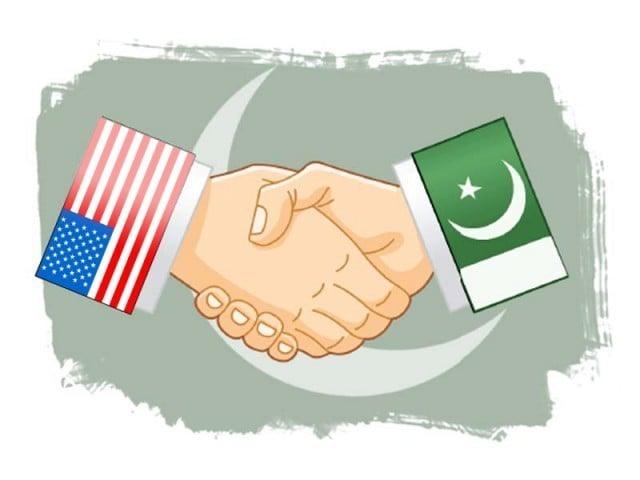Islamabad:
An American think tank has advised the Trump administration to pursue a pragmatic and interest-driven relationship with Pakistan, emphasizing that isolating the South Asian nation is counterproductive to US national security interests.
“Isolation of Pakistan is not in the US national security interests. Pakistan’s cooperation, although selective and limited, is better than its discrepancy,” reads a report from the Hudson Institute, a research organization that promotes US leadership for a safe, free and prosperous future.
The report entitled “Engaging Pakistan in a new era of US foreign policy” is the report The Product of the US-Pakistan studio group consisting of experienced diplomats and analysts. Contributors include former Ambassador Husain Haqqani, Sahar Khan, Michael Kugelman, Ambassador Cameron Munter, Ambassador Anne Patterson, Ambassador Robin Raphel, Harlan Ullman, Dr. Marvin Weinbaum and Uziir Younus.
The report says the United States and Pakistan have a long history of working together. As moving forward, both countries could benefit from identifying common interests and cooperation accordingly. Even selectively or limited cooperation from Pakistan is seen as more valuable than liberation.
The report says the recent crisis in India-Pakistan allegedly brought the two nuclear armed South Asian countries to the edges of the war before the United States intervened and withdrew them.
“This crisis highlights the need for continued American engagement with Pakistan, a critical country in a geostrategic place that Washington has historically had a complex relationship,” it adds.
The relationship between Pakistan and the United States has weathered many ups and downs. During the opening months of his second period, President Donald Trump has stated that he intends to adopt a more pragmatic foreign policy, one that maintains the relations, even with countries that have faith or values that are different from his own, according to the report.
As a result, the relationship between the United States and Pakistan has a better chance of improvement than it has had in recent years – if both countries’ leaders are able to focus on common interests rather than ideological differences.
In the wake of the 2025 crisis, US decision makers emphasize the importance of collaborating with both India and Pakistan to prevent and control crises between the two nuclear armed neighbors. Given the severe threat of any future conflict or nuclear escalation in South Asia, the United States are encouraged to take an active role in mediation efforts during such crises.
The experience of previous administrations has shown that Pakistan’s strategic calculation of India is likely to change through either incentives or pressure. Instead, a more realistic approach is recommended that accepts Pakistan’s self-perception and works within this framework instead of trying to reshape it.
Another area of mutual interest is terrorism. While the United States continues to monitor terrorist groups, Pakistan is also facing internal threats from militant extremist organizations.



